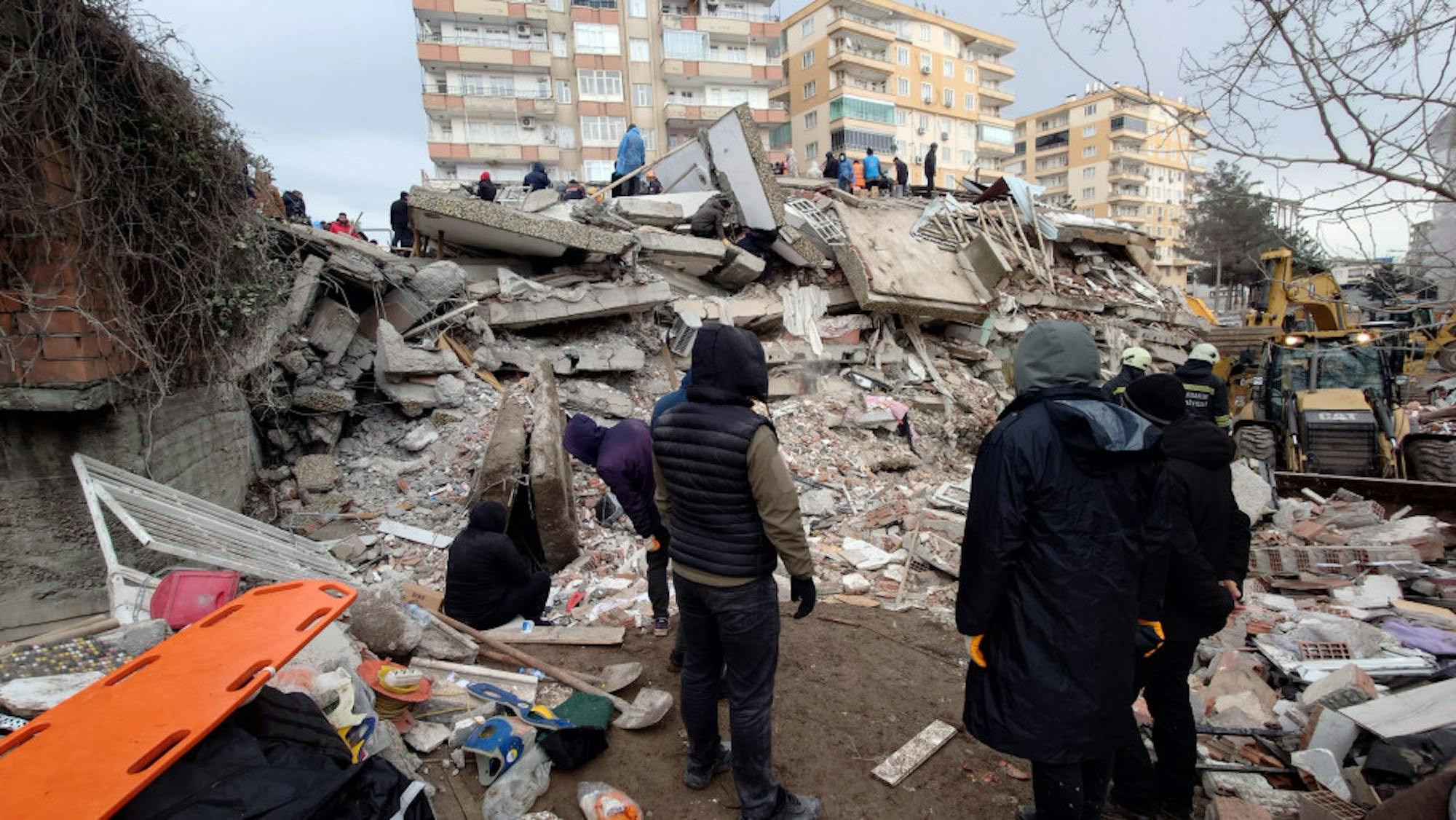A magnitude 7.8 earthquake hit Turkey and Syria on Monday, Feb. 6. The earthquake inflicted catastrophic damage on the region with estimates of 84,700 collapsed buildings and a death toll of 47,000.
With subfreezing temperatures and the urgent need for help for those under the rubble, Turkey’s president declared a three-month state of emergency in the 10 affected provinces. Many countries from around the world, including the United States, South Korea, Germany, Greece, India and Israel, sent rescue teams, medical supplies and humanitarian aid to the affected regions. International organizations, such as the United Nations and the European Union, dispatched disaster assessment and coordination teams, search dogs and rescue specialists. It’s being reported that Proteo, a German shepherd from Mexico who was sent to Turkey to help with earthquake relief efforts, died while performing his duties as a rescue dog. The support offered by these countries and organizations was critical to helping the affected regions and managing the crisis. This demonstrated the importance of international collaboration and solidarity in the face of a tragedy.
Along with international support, there were also very insensitive reactions to the aftermath of the earthquake. The first came from the French satirical comic magazine Charlie Hebdo, which published a cartoon depicting the earthquake with the caption, “No need to send tanks.” While the cartoon dehumanized the victims of the earthquake, it also mocked the catastrophic nature of the disaster.
Another insensitive reaction came from the LA Times in their article, “An earthquake the size of Turkey’s would bring devastation, death to Southern California.” The article provided the potential statistical damage: “The death toll could be nearly 1,800. … Nearly 50,000 could be injured.” At the time of a crisis, an article drawing comparisons between the actual tragic earthquake that affected Turkey and Syria and killed thousands of people while also leaving many homeless, to a hypothetical future earthquake was utterly insensitive. It is incredibly tone-deaf to imagine what the earthquake in Turkey would do to Southern California when there are people awaiting rescue under the rubble, especially when published within a week of the news.
It may be difficult to empathize with the suffering millions of people are going through, but an article about a similar possible earthquake in California doesn’t help the issue at hand; resources to donate and help victims of the earthquake from afar would have made a stronger impact. The lack of understanding toward people affected by disasters in the Middle East perpetuates negative stereotypes and reinforces a sense of otherness. It is important for Western media to strive for greater cultural sensitivity and understanding when reporting on disasters in the Middle East.
The EU agreed on stricter migration measures after the quakes in Turkey and Syria on Feb. 10. Commission President Ursula Von der Leyen announced, “We will strengthen our external borders and prevent irregular migration.” Following the announcement, Dimitris Triantaphyllou, professor of international relations at Kadir Has University in Istanbul, said the new disaster may create a new wave of refugees. With an ongoing war in Ukraine, a decade-long crisis in Syria and now a natural disaster in Turkey, Triantaphyllous said “all of these are an explosive mixture of migration.” He also addressed the hypocrisy of the EU’s reactions to the earthquake, with his statement that “it is strange to talk about the hardening of the EU’s external border on the one hand and solidarity with Syria and Turkey on the other.”
Watching the death toll increase every day and Turkish news platforms covering news of people being miraculously pulled out of the rubble after hours of being hungry, dehydrated, helpless and in below-freezing temperatures devastated me in their difference with insensitive and tone deaf responses from Western media.
This type of Eurocentric and utterly insensitive coverage only fuels the collective desensitization we experience in today’s world. Western media tools have the potential to shape how the world perceives and responds to news in the Middle East. By accurately and sensitively reporting on these disasters, they can help raise awareness about the need for global action to help the survivors and vulnerable communities. Under such an apocalypse, humanity, respect and sensitivity must be the root of all responses.






